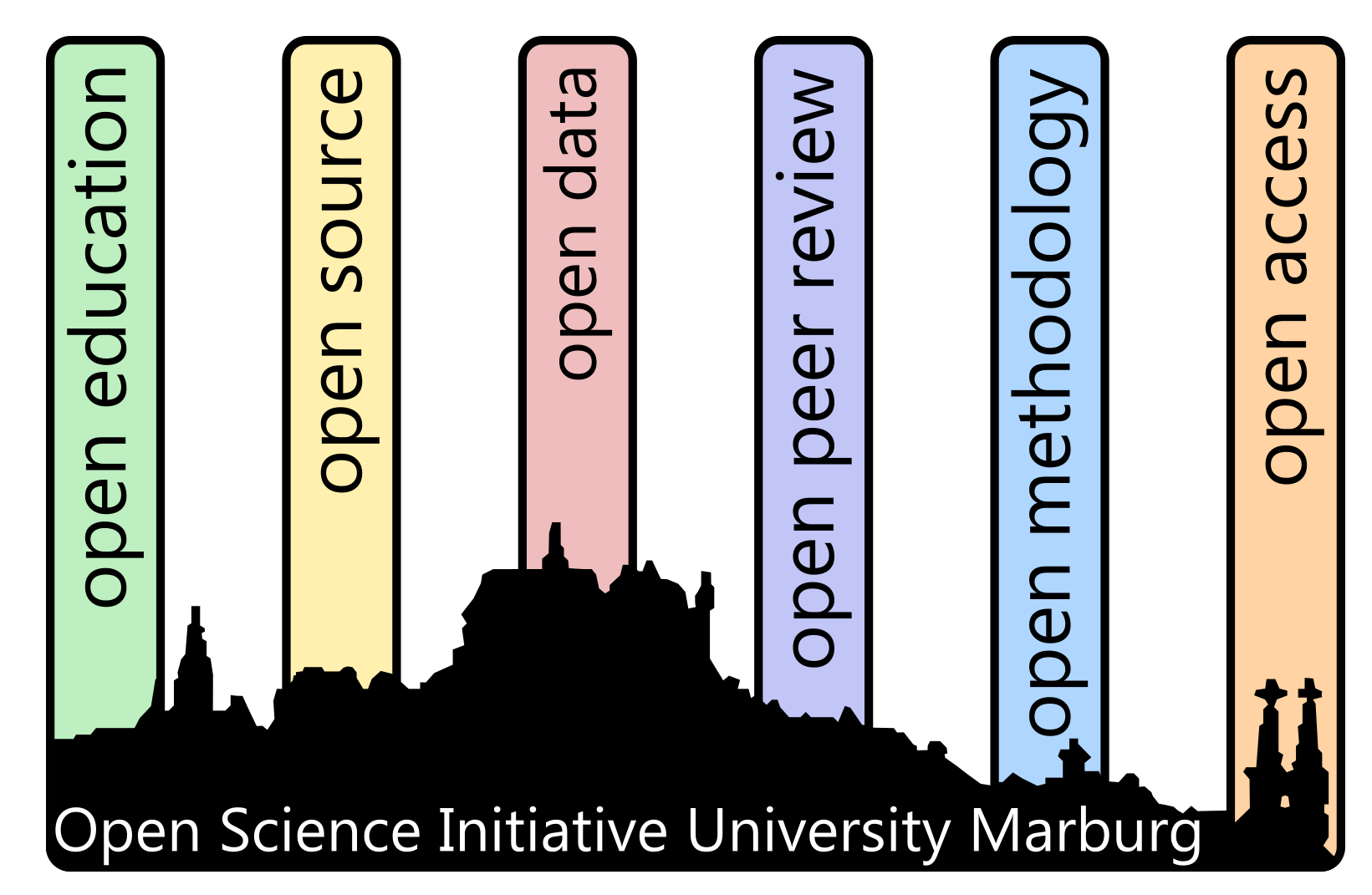
What is OSIUM?
Open Science is the movement to make scientific research, data, and dissemination accessible to all levels of an inquiring society (FOSTER). With OSIUM, a grassroots peer2peer initiative at Marburg University, you can be part of this movement: Our aim is to connect early‑career researchers via sharing practical workflows in summer schools, hackathons and retreats.
Open to everyone - join OSIUM!
OSIUM is happy to collaborate with you on open research practices or specific projects on open research workflows or open science in teaching. Please feel free to drop us a mail! If you have questions or ideas or just want to be part of this innovative and collaborative community, please come to our next Open Office Hour: We meet online every first Monday in the month at 1:00 pm. Please find all OSIUM activities announced in our calendar - or feel free to directly join us!
Help Us Shape OSIUM!
To better understand the interests and needs of our community, we’d love to learn more about your interests, challenges, and ideas. Please take a moment to answer a few short questions — your input will help us design meaningful workshops, events, and resources that truly reflect your needs.